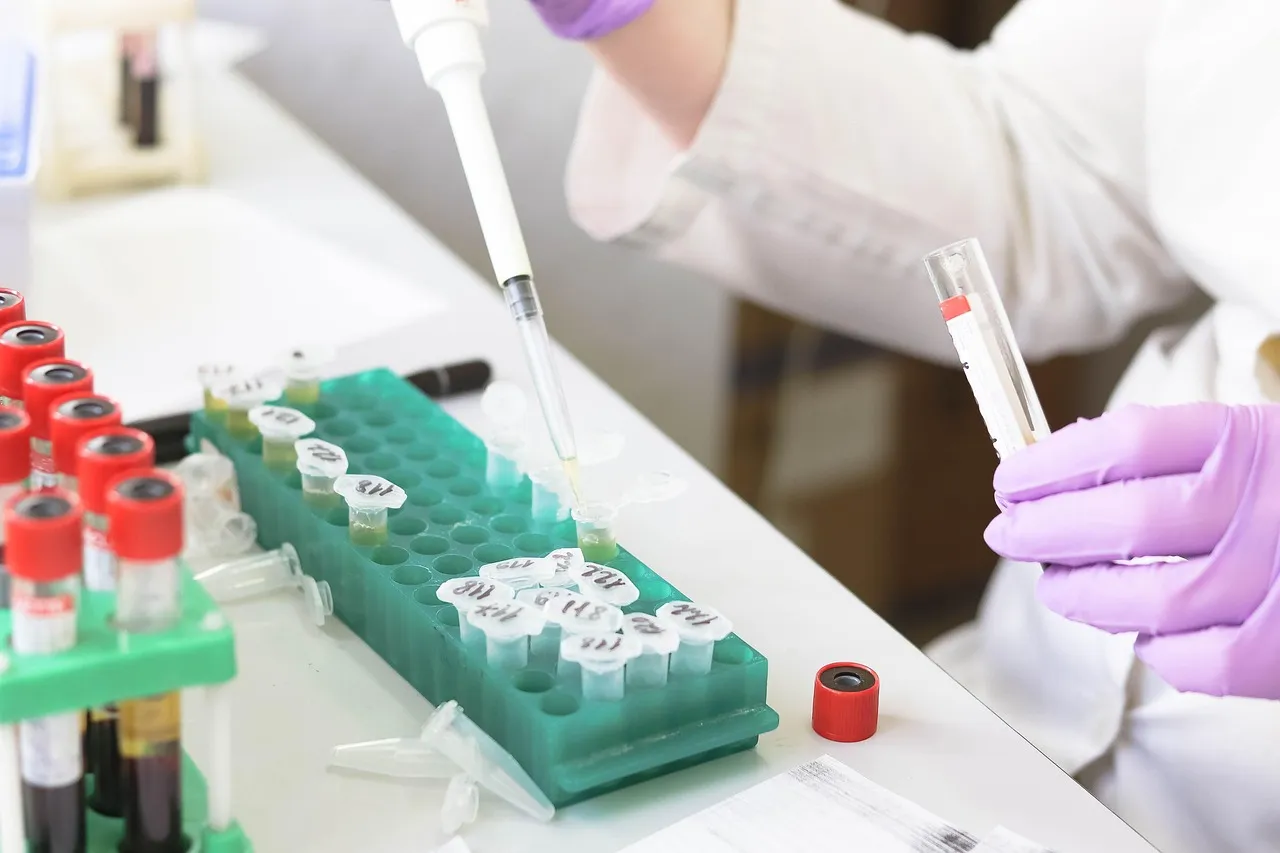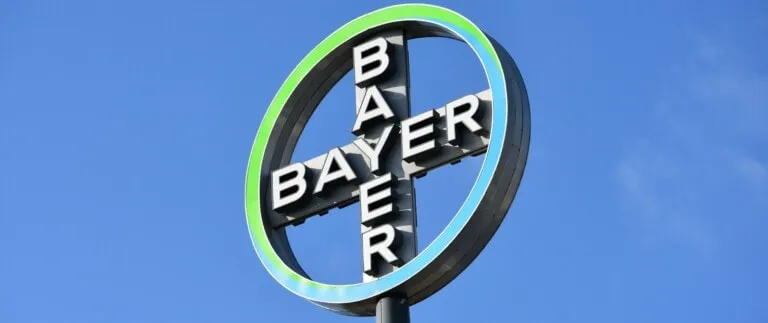
Chemist Lutz Ackermann Honored With Bayer Foundation’s Hansen Family Award; Four Young Researchers Receive Early Excellence in Science Awards
Georg-August University Göttingen chemist Prof. Dr. Lutz Ackermann has been awarded the €75,000 Hansen Family Award from the Bayer Foundation for his pioneering contributions to sustainable chemistry, organic synthesis, and catalysis. In addition, the foundation recognized four emerging talents in the life sciences with the “Early Excellence in Science Award”: Dr. Casey Paquola, Dr. Simon Lebek, Dr. Anna Wuttig, and Dr. Britta Velten, each receiving €10,000 in recognition of their promising research achievements.
The Hansen Family Award, presented every two years, was established thanks to generous donations from the estate of Kurt Hansen, former chairman of Bayer’s Supervisory Board. Since its inception, the award has recognized 13 leading researchers, including Emmanuelle Charpentier, Nobel laureate and a pioneer in genome editing. The Early Excellence in Science Award, launched in 2009, has honored 47 young scientists across various disciplines, celebrating innovative contributions in the life sciences.
Ackermann’s Breakthroughs in Molecular Chemistry
For more than two decades, Prof. Dr. Lutz Ackermann has focused on developing innovative reaction techniques that advance molecular research and drug development. Central to his work is the manipulation of carbon-hydrogen (C–H) bonds, which form the backbone of organic molecules. These bonds are typically very stable, making selective Bayer Foundation Honors Chemist Lutz Ackermann with Hansen Family Award modification difficult. However, Ackermann’s research demonstrates that precise, targeted transformations of C–H bonds can introduce new functional groups into molecules, altering their properties such as solubility, stability, or degradation in the body.
“It’s somewhat like playing with Lego,” explains Ackermann. “We take a molecule—our Lego construction—and swap out a piece at a certain point. This allows us to change the molecule and even create structures that didn’t exist before.”
The techniques he has developed, known as C–H activations, are widely applicable. They enable researchers to modify complex molecules, including anti-cancer agents or therapeutic proteins, at specific sites. In many cases, these modifications can be achieved in a single step, whereas conventional synthesis would require 10 to 15 steps, saving significant time, resources, and solvents, and generating less chemical waste.

Although no drugs utilizing Ackermann’s methods have yet reached the market, his work lays the foundation for more efficient development of new cancer therapies and other pharmaceuticals. Ackermann and his team are also exploring sustainable catalysts that can make these complex chemical transformations more environmentally friendly, aligning with broader goals in green chemistry.
Chitkala Kalidas, Executive Director of the Bayer Foundation and Head of ESG (Environmental, Social, Governance) at Bayer, emphasized the significance of Ackermann’s work:
“The Hansen Family Award is conferred in recognition of exceptional scientific contributions that hold the potential to catalyze breakthrough innovations in medicine and allied disciplines. Professor Lutz Ackermann’s pioneering research serves as the basis to significantly advance the development of novel cancer therapies, offering hope to millions of patients worldwide.”
Recognizing Emerging Talent in Life Sciences
Alongside Ackermann, the Bayer Foundation honored four early-career researchers with the Early Excellence in Science Award, celebrating groundbreaking work in biology, chemistry, medicine, and data science:
- Dr. Casey Paquola, Jülich Research Center, biology: Recognized for her work simulating human brain maturation, enabling earlier identification of abnormalities in brain development.
- Dr. Simon Lebek, University Hospital Regensburg, medicine: Awarded for research on gene-editing technologies aimed at treating cardiovascular diseases.
- Dr. Anna Wuttig, University of Chicago, chemistry: Honored for advancements in electrocatalysis with applications in energy storage, conversion, and medicinal chemistry.
- Dr. Britta Velten, University of Heidelberg, data science: Recognized for her innovative use of machine learning and data sciences to generate new insights into health and disease.
These awards underscore the Bayer Foundation’s commitment to nurturing the next generation of scientific innovators, providing recognition and financial support that can accelerate promising research careers.
Award Ceremony and Legacy
The awardees will be formally recognized at a ceremony in February 2026 in Leverkusen, Germany. The event will celebrate not only Ackermann’s distinguished contributions to chemistry but also the exceptional promise demonstrated by the early-career awardees.
For a full overview of previous Bayer Foundation Science Award recipients, including both the Hansen Family Award and Early Excellence in Science Award, interested readers can visit the Bayer Foundation website, where details on past laureates and their groundbreaking research are available.
This year’s awards highlight the Bayer Foundation’s dual mission: to honor established scientific excellence while fostering emerging talent, ensuring that innovation in the life sciences continues to thrive across generations. By recognizing both groundbreaking research in sustainable chemistry and the pioneering work of young scientists, the foundation continues to support discoveries that could transform medicine, health, and technology worldwide.





